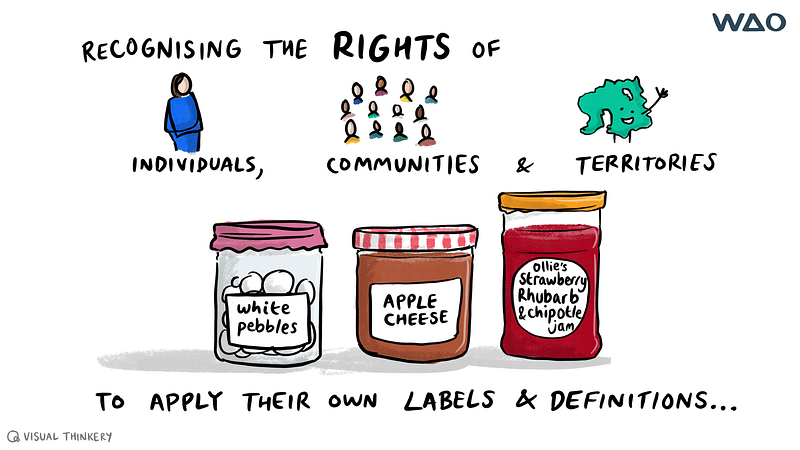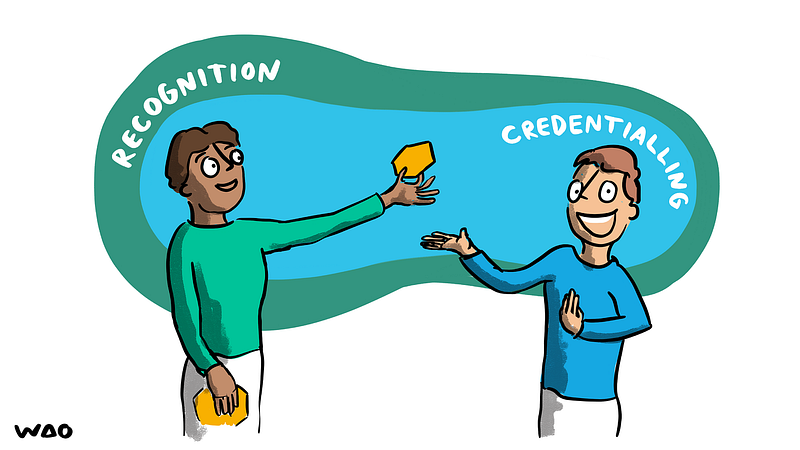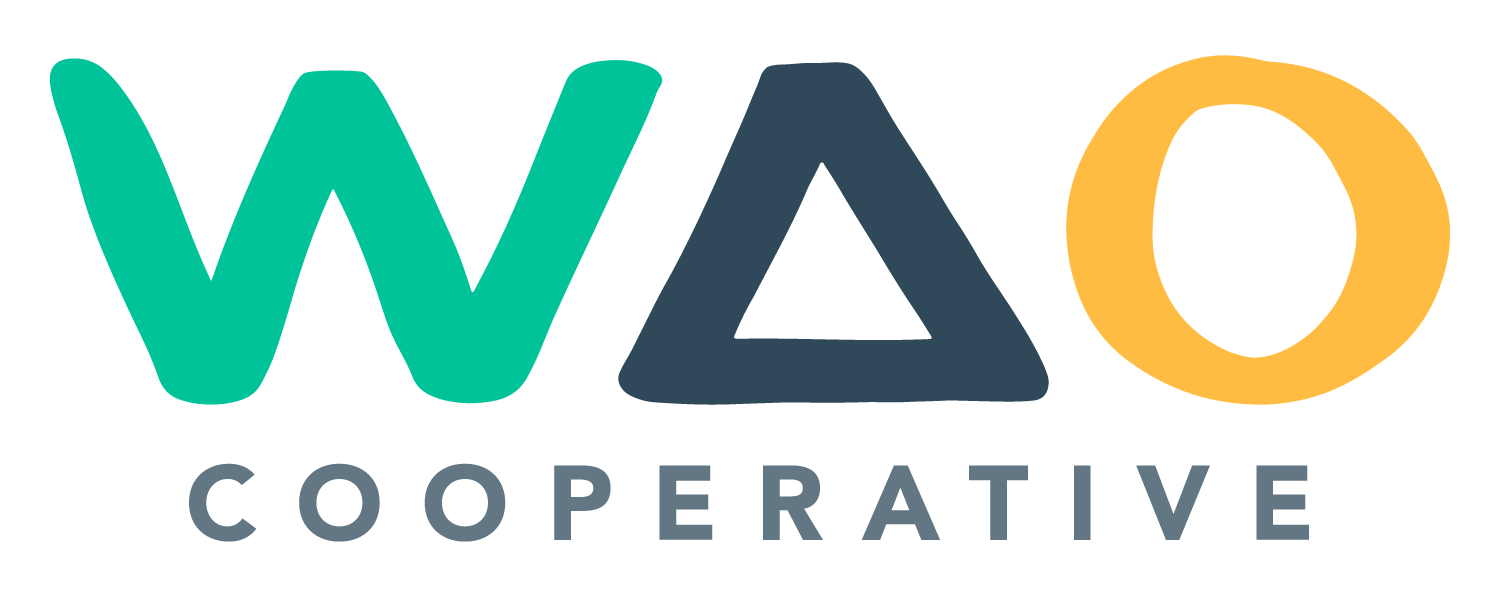Towards a manifesto for Open Recognition
Advocating for a more diverse future for the recognition of talents, skills, and aspirations

Back in 2016, the Open Recognition Alliance created the Bologna Open Recogition Declaration (BORD). This has helped the community organise around principles relating to the concept of Open Recognition for all. It emphasises the importance of building out technologies and infrastructure to enable Open Recognition, as well as advocating for policies which foster its development.
Eight years later, the Open Recognition is for Everybody (ORE) community has started work on a manifesto for Open Recognition. This will be part of the Open Recognition Toolkit and extends the BORD to help people envision and advocate for a future where Open Recognition is commonplace.
Unpacking Open Recognition
Let’s begin with defining terms:
Open Recognition is the awareness and appreciation of talents, skills and aspirations in ways that go beyond credentialing. This includes recognising the rights of individuals, communities, and territories to apply their own labels and definitions. Their frameworks may be emergent and/or implicit.
(What is Open Recognition, anyway?)
We want to help people understand that traditional approaches to credentialing, while important for unlocking opportunities, are just one part of a wider recognition landscape.

For example, you could think of traditional credentialing — with courses, modules, and diplomas as like a greenhouse where growth conditions are carefully controlled. Only certain plants thrive in this environment, and they are pre-selected to do so.
Open Recognition, on the other hand, is more like the garden that surrounds the greenhouse where a diverse array of plants grow naturally, adapt to their environment, and flourish in unique ways. Not only that, but there are many different gardens with different types of soil and varying atmospheric conditions.

Getting started with a manifesto
A manifesto is a call to action. It’s a way of allowing people to sign up to implement specific principles in order to work towards a better future.
To get started on that road, in a recent ORE community call we asked two questions:
- What sucks that we want to do the opposite of?
- What doesn’t exist that we want to bring into being?
While these are only our first steps towards a manifesto with a subset of the community, we’re keen to share what we’ve discussed so far.
What sucks?
- Simplifying complex systems — our digital landscape is cluttered with overly complex technologies and terminology. We aim to streamline these technologies, making open recognition accessible to everyone, not just the tech-savvy.
- Clearing confusion and enhancing communication — there’s a tendency to overlook past contributions in the field, creating a cycle where new initiatives ignore the groundwork laid by predecessors. We want to provide clear, accurate information about Open Recognition to varied audiences.
- Dismantling exclusivity — some forms of recognition and credentials are guarded as if they’re an exclusive membership available only to a select few. It’s important that we break down these barriers to create a more inclusive environment where everyone’s achievements are acknowledged.
What doesn’t exist?
- Streamlined badge creation — we want to make creating badges for Open Recognition as easy as filling out a social media profile. This would encourage wider adoption and creativity in badge design/issuing.
- Stories of success —examples and case studies help guide and inspire others. This could be part of the Open Recognition Toolkit, allowing stories to be shared and help provide practical and conceptual guidance to others.
- Bridging spheres of learning — different forms of learning, for example formal and informal, tend to be siloed. As we know valuable skills can be acquired outside of traditional educational settings, we want to build a bridge to recognise the worth of both formal training and self-taught expertise.

Next steps
Creating a manifesto for Open Recognition involves creating something that resonates with a broad audience. It needs to be informative and upbeat, and have an ideological stance which advocates for a better future world.
Our next community call will continue the work we started this week, helping us work towards a plausible utopia for Open Recognition. If this is something which resonates with you, and you’d like to get involved, join us!


Discussion